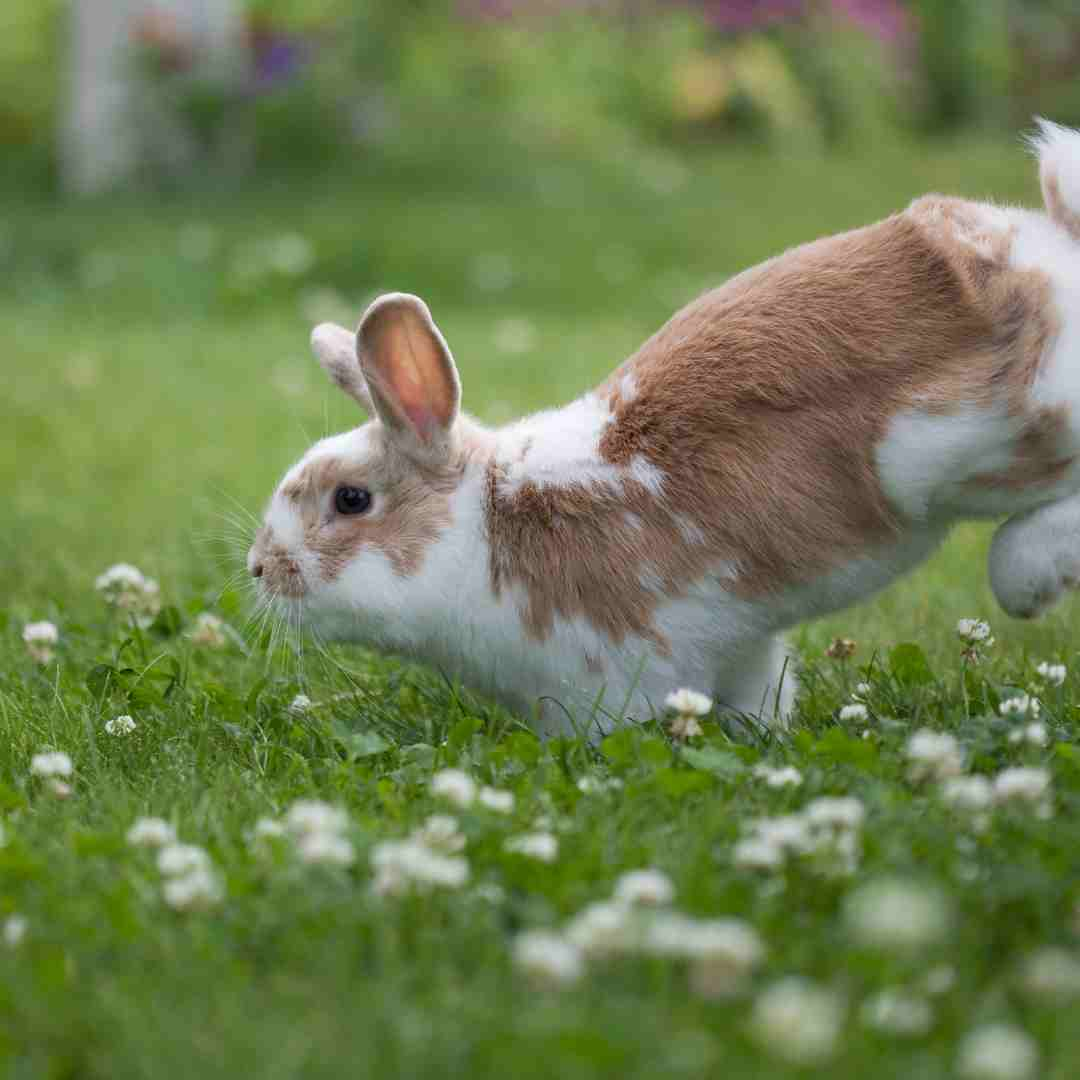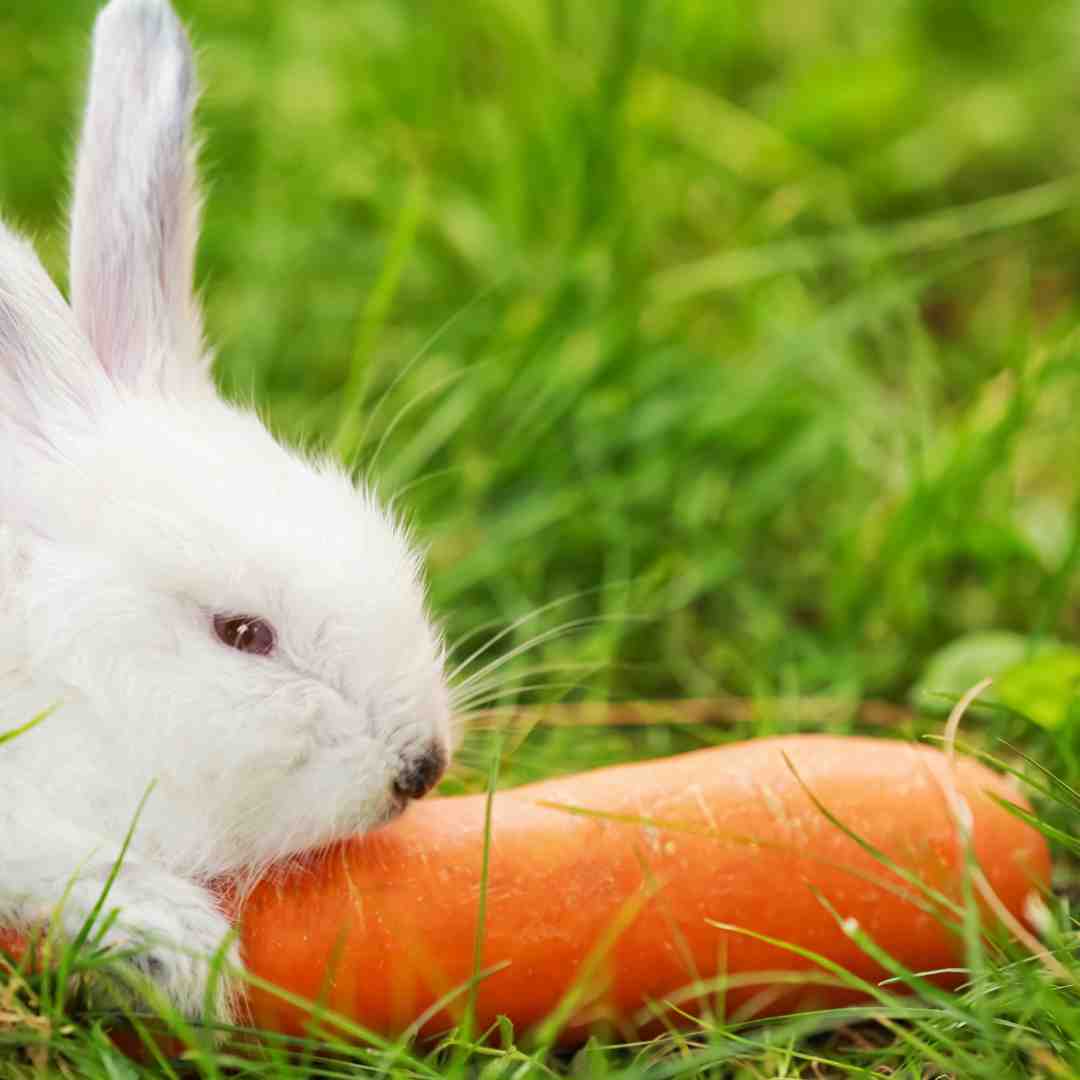How Should Outdoor Rabbits Be Housed?
Outdoor rabbits need security. Outdoor rabbits like hutches. Rabbits live comfortably in hutches made of wood. It should be big enough for the rabbit to move and stretch. The hutch should be well-ventilated and weatherproof. To protect the rabbit from predators, it should be raised. Hay or straw should insulate and cushion the hutch. The rabbit's hutch should be shielded from wind and rain. Finally, the rabbit's health requires regular hutch cleaning. Outdoor rabbits can thrive with the correct housing.
Outdoor Rabbit Care Supplies?
To keep your rabbit healthy and safe outdoors, you need a few essentials. Outdoor rabbit supplies include:
1. A secure hutch: A hutch protects against predators and the elements. It should fit your rabbit and have a sleeping place.
2. Bedding: Rabbits need bedding to stay warm. Straw or wood shavings make absorbent, easy-to-clean bedding.
3. Food and water dishes: Give your rabbit clean, fresh water and easy-to-access food bowls.
4. Toys and chew items: Rabbits require toys and chew items to keep them engaged.
5. A litter box: Your rabbit needs a litter box to stay clean.
6. A brush: Brushing your rabbit keeps its coat healthy and tangle-free.
7. A first aid kit: Minor injuries and illnesses require a first aid kit.
These materials will keep your outdoor rabbit safe, healthy, and happy.
Should I Feed My Outdoor Rabbits?
Outdoor rabbits need a high-fiber, low-sugar, low-fat diet. Hay, fresh veggies, and a little pellets work best.
Rabbits need fiber-rich hay to stay healthy. Timothy, oat, and meadow hay work. Rabbits want fresh hay, so offer it daily.
Rabbits need fresh vegetables. Kale, spinach, and romaine are terrific choices. Carrots, celery, and bell peppers are more options. Since rabbits are sensitive to food changes, introduce new veggies gently.
Finally, add a few pellets. Pellets are nutrient-dense, so rabbits should only eat a limited amount. Because some pellets include too much sugar or fat, rabbit pellets are best.
You can feed outdoor rabbits hay, fresh veggies, and a few pellets to keep them healthy and happy.
How Can I Protect Outdoor Rabbits from Predators?
Responsible pet owners protect outside rabbits from predators. There are various ways to protect your bunnies.
First, secure your rabbits. This should be strong, like wire mesh or wood, and tall enough to keep predators out. To safeguard your rabbits, the enclosure should be roofed. The enclosure should also be safe from cats, dogs, and wild animals.
Your bunnies need a hiding place next. A hutch or other shelter inside the enclosure can do this. Your rabbits need a solid, roomy hutch. The hutch should also be secure from predators.
Third, give your rabbits food and drink. Adding food and water dishes to the enclosure does this. Safeguard the dishes from predators. Dishes should also be checked routinely for dirt and debris.
Finally, inspect the enclosure for predators often. If you see predator tracks or droppings, protect your rabbits immediately.
These procedures can help protect your outdoor rabbits from predators.

Outdoor rabbits' health needs?
Healthy and happy outdoor rabbits need regular health care. Vaccinations, checkups, and parasite management are included.
Due to their exposure to illnesses and parasites, outdoor rabbits need vaccinations. Veterinarians should administer and update vaccines. Outdoor rabbits receive Myxomatosis, Rabbit Haemorrhagic Disease, and Encephalitozoon Cuniculi vaccines.
Outdoor rabbits need checkups too. The veterinarian will check the rabbit for disease or injuries during these checkups. They'll check the rabbit's teeth, ears, eyes, and hair.
Outdoor rabbits need parasite management. Fleas, ticks, and mites can harm rabbits. Regular treatments prevent infestations.
Outdoor rabbits need health care and security. This contains a big hutch or enclosure, fresh food, and water.
Regular health care may keep your outdoor rabbit healthy and happy.
